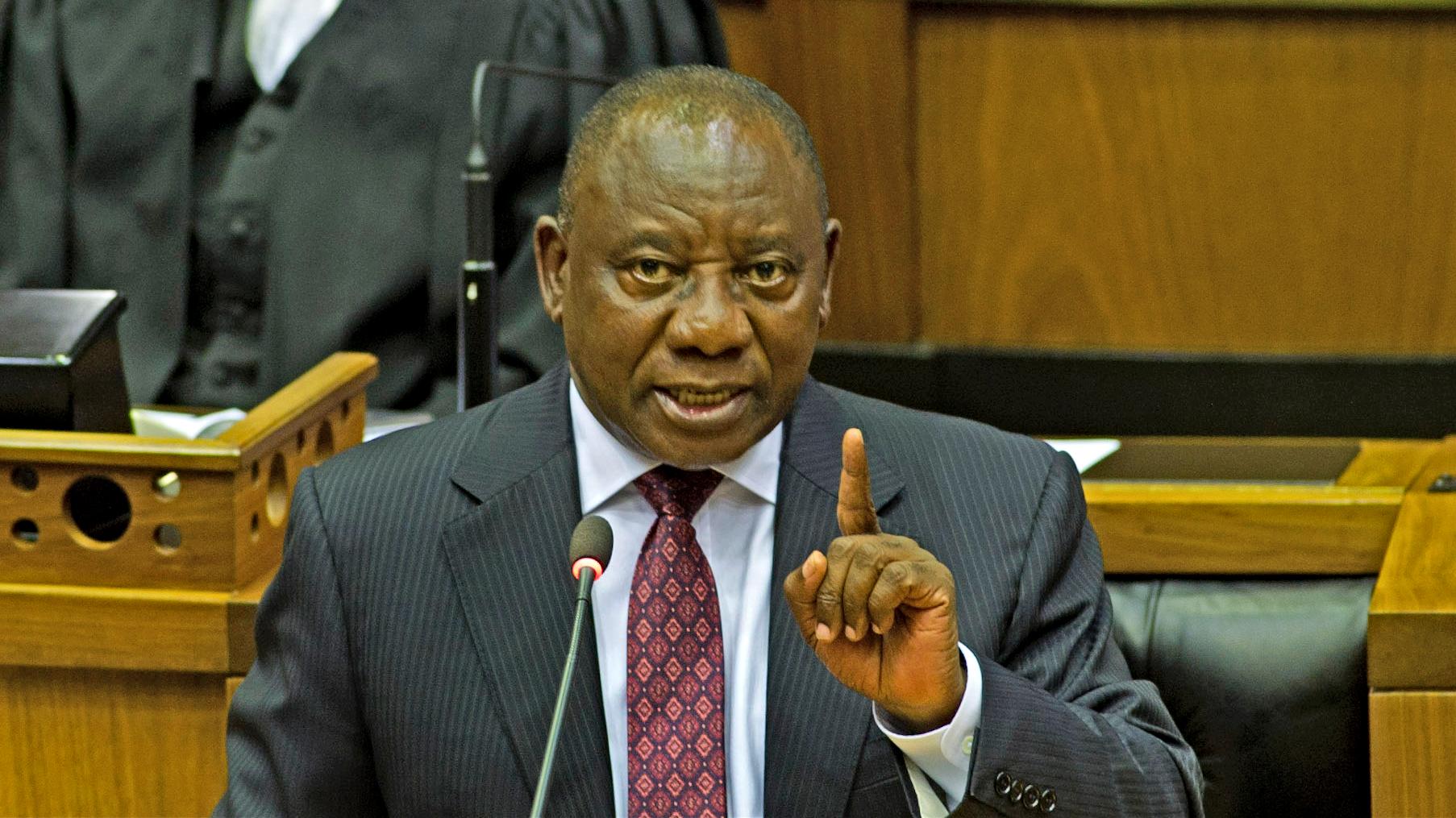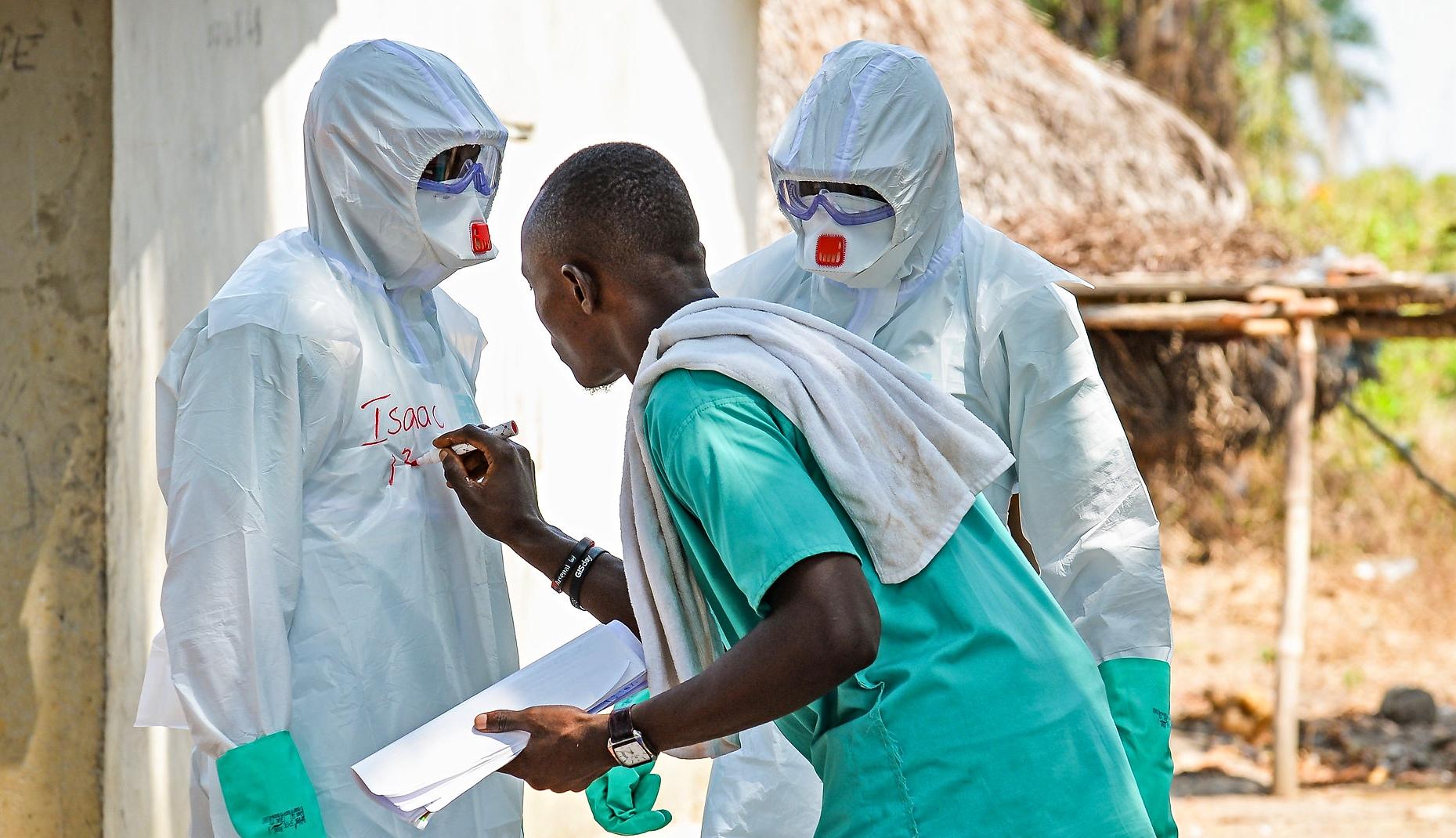Uganda’s government has responded decisively to Covid-19, with President Museveni enforcing a strict country-wide lockdown and movement restrictions. How have the residents of Arua, a town close to the Democratic Republic of Congo border, experienced restrictions ushered in by the virus?
This post is part of a series exploring the effects and experiences of Covid-19 prevention in Uganda.
The effect of Covid-19 on business
The tiny town of Odramacaku is located in the Ayivuni Sub County of the Arua district in Uganda, and sits along the border with Democratic Republic of Congo (DRC), about half an hour’s drive from the northwest of Arua town. It welcomes arrivals with a near dead silence. A few people are seen randomly walking on what are usually dusty and crowded streets. The majority of shops are closed, and the few fear-stricken attendants sit anxiously as if waiting for the next order.
The security (army and police) presence is firm on the ground. From first impressions, one can tell that residents of the town are finding it difficult to cope with the latest presidential directive to prevent the spread of the coronavirus.
Mr Roy Vudri is a sales man in a beer depot. His business is nearly grounded because the bulk of the customers from the DRC have been stopped from entering the country.
‘Everyone here is living in fear and yet for those that have opened their shops, no one is buying because we depend so much on the Congolese customers,’ Vudri says. ’We pray that the infections stop because it’s the only way we shall resume our businesses as usual and, if the cases continue to rise, we know the president will institute tougher measures and we shall totally shut down.’
Indeed after the first presidential address of 18 March on the Covid-19 pandemic, scores of leaders from the district local government of Arua, the Uganda police and the Uganda People’s Defence Forces (UPDF) have been to this border town to sensitise the masses to the new situation.
A more strict or brutal force would later deal with the defiant residents and their Congolese customers, who continued thronging the market in their hundreds on market days (Mondays and Fridays), as the directives became more stringent. This perhaps outlines the importance of the border towns in the fight against the coronavirus in the country.
In Arua town, the market is only home to those selling food items, as directed by the president. A whistle is blown at 4pm (EST) to alert vendors ahead of the 5:30pm closure, as opposed to the previous 6pm. The market management says this is to help those arriving from afar to reach home before the 7pm curfew.
Vendors say business is low because of the shut down of public transport; many from distant places cannot access the market due to this ban on public transport.
‘I make much less money compared to when the situation was normal. This is partly because the market is also closed earlier than the normal time of 6pm. I just hope the pandemic does not worsen and the directives come to an end soon,’ says Sauda Driwaru, a market vendor.
The boda boda operators, although banned from operation, have a tough choice to make. Many of them live from ‘hand to mouth’ and a lockdown affects their source of income, meaning they have to choose between dying from hunger, by parking their motorcycles, or from Covid-19, by defying the guidelines.
‘Getting money is difficult now as our services have been stopped due to the pandemic, even our customers from the Democratic Republic of Congo have been stopped after the borders were closed,’ says Enuka Emvi, a boda boda operator from the customs border point in Vurra, about a 15 minute drive southwest of Arua town.
At the main referral hospital, services have been greatly scaled down. A patient can only have one attendant to whom a card is issued. All public means apart from ambulances and those ferrying critically ill patients are banned; even staff vehicles without stickers issued by the district coronavirus task force are denied access.
Dr Philbert Nyeko, the hospital director, says the ministry of health restrictions to the facility are aimed at minimising contact that would potentially offer grounds for the spread of Covid-19.
The effect of Covid-19 on Arua’s media
The media industry in Uganda has been severely hit, with some workers having to take drastic measures.
‘The Observer Media LTD regrets to announce the suspension of our printing operations this week. The Observer newspaper will not hit the streets this Wednesday due to complications associated with movements of persons’, wrote the weekly national publication on their Facebook page as the shutdown on transport services took effect.
In Arua district none of the radio stations, the main media outlets, had closed by press time, but the stringent directives had equally had a heavy toll.
‘As a radio station, we have not been spared by the negative impact of the pandemic, it has affected us both socially and in terms of radio operations,’ says Ms Grace Lekuru, the station manager of Arua One FM. She says, as a result, the station had slashed the number of staff working from their offices to embrace the social distancing measures.
However, to offer hope and to continue the education of the students, one of the first groups to be affected by the presidential directive, Lekuru says a teaching show has been introduced on the radio programming.
‘We dedicated some hours on the radio to conduct lessons, sometimes the teachers prepare revision questions and the students listen from home, we have received massive support in the one week since we rolled the program,’ she says as the station tries to adjust to the new changes.
Lekuru urges media houses to do everything possible to stay afloat at this ‘critical’ time in which the public has been hit with a massive wave of misinformation.
Implementing government directives
On the security front, the more directives there are, the harder their implementation. After the 30 March guidelines, public security has been at a cross roads with some sections of the public. Gatherings of more than five people, passenger transport services, salons, garages and lodges, among others, were shut down.
‘Generally people have tried to abide by the directives given by the president but our biggest challenge has been village markets and the boda bodas who have continued to do their business in defiance of the ban,’ says Josephine Angucia, the police spokesperson for the West Nile region.
Regarding an outcry on the brutality of the security forces to enforce the measures, she says reasonable force was used in instances where resistance was experienced.
‘We have incidences where people are resistant and they want to fight back, in such situations reasonable force is used to coerce the people but where they are obedient, they are simply told to go back home before the curfew,’ she further says.
The usually busy streets of Arua town, dubbed by many as the West Nile region’s capital, now have minimal activity with most of the area’s inhabitants remaining at home.
These government measures should be put in context. By 8 April 2020 the country had confirmed 52 positive cases of Covid-19 with no deaths. A salt trader from Adjumani and two Chinese nationals, who reportedly escaped quarantine and were headed to the DRC via the Zombo district, are the only cases from the West Nile’s 11 districts.
This blog was supported by the British Academy Knowledge Frontiers Grant: Living the Everyday. Wider research for this project explores how people at Uganda’s border respond to pandemic preparedness. Assistance from this blog was provided by Liz Storer at LSE’s Firoz Lalji Centre for Africa.
For more coverage from the authors please visit Westnileweb.





